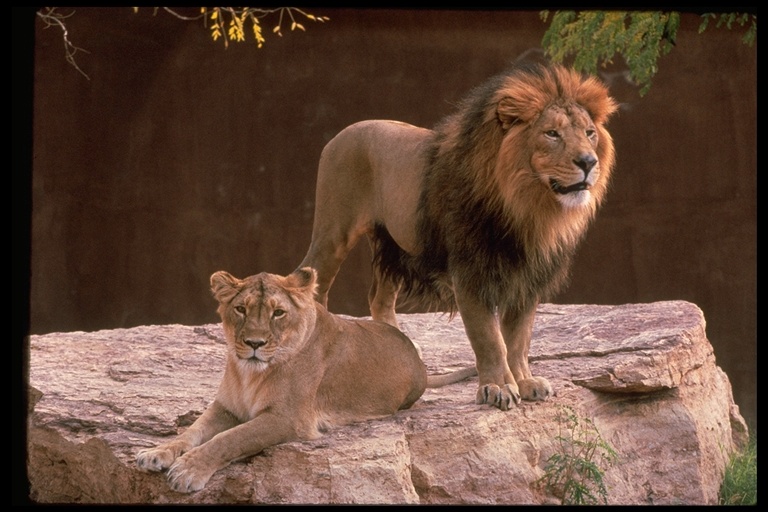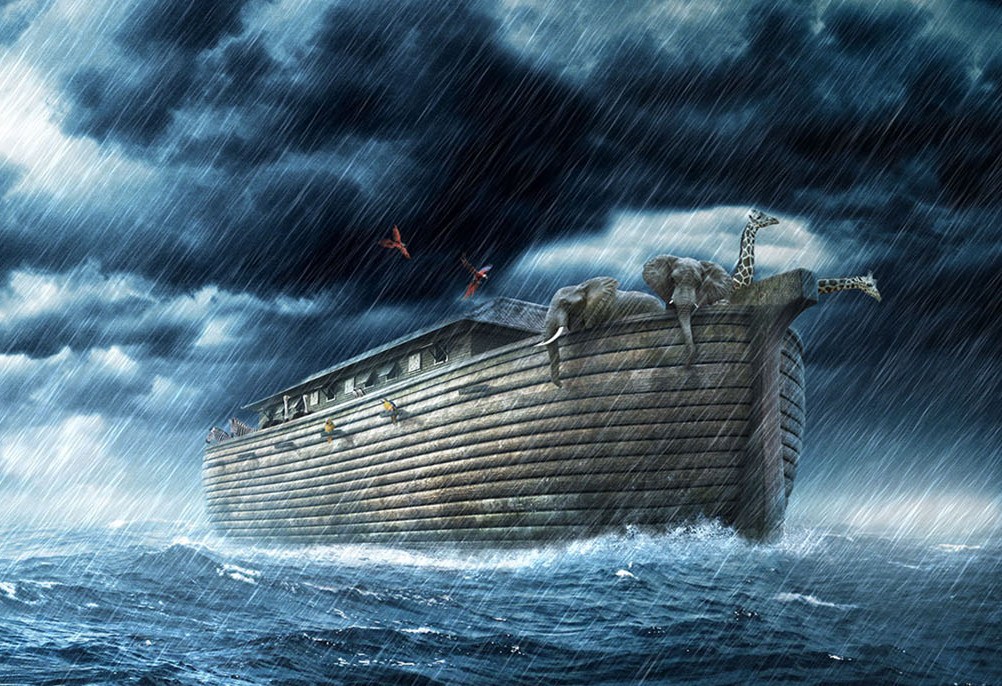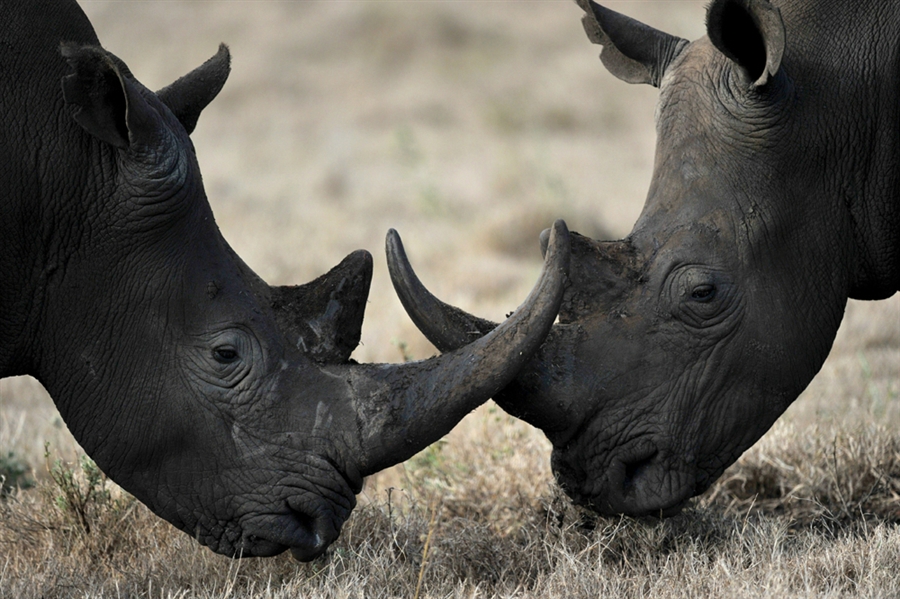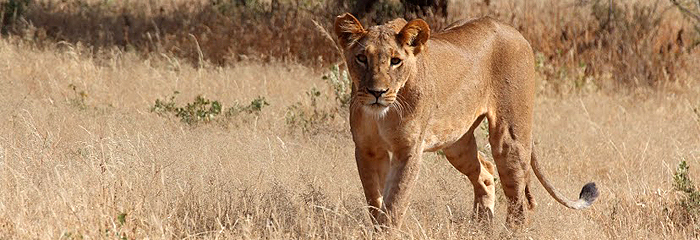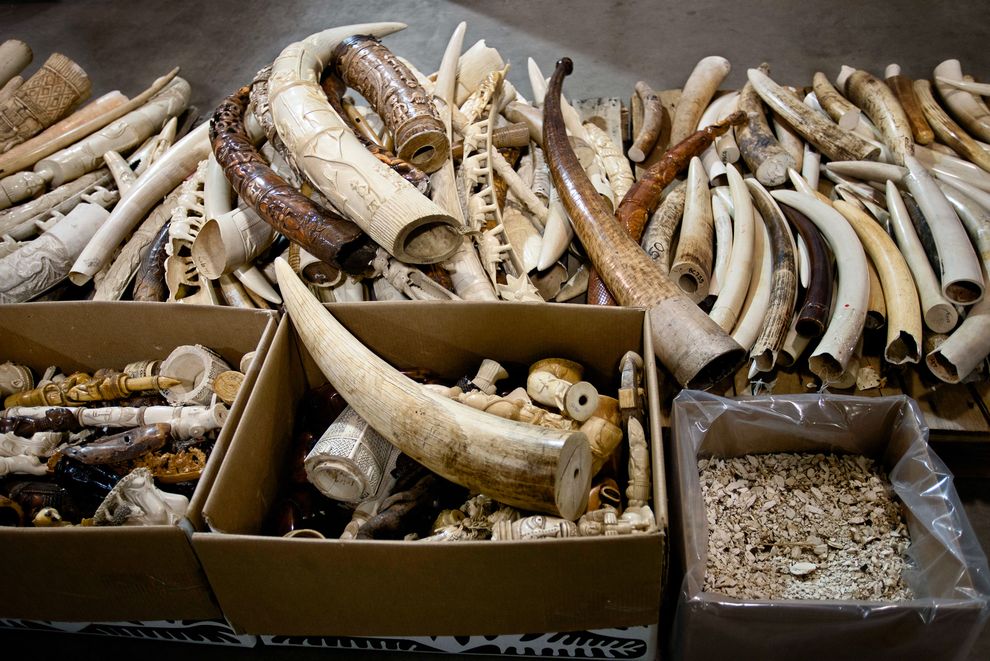Regulation of sport hunted trophies is the primary mechanism for control of sport hunting. The Endangered Species Act prohibits the take of endangered and threatened species (with some exceptions), while import restrictions limit what hunters can do with trophies once the hunt is complete. Special rules applicable to certain species… read more
Let’s talk solutions! How to manage sport hunting and benefit conservation.
Earlier blog posts cited the benefits and drawbacks to sport hunting programs. Below, I will offer a solution that can keep both conservationists and avid hunters happy: allow heavily monitored and managed sport hunting to occur only when species are proven to not be harmed. Since studies show hunters are… read more
Reports uncover thousands of illegal wildlife products for sale online
According to a recent study by TRAFFIC (a joint project of the World Wildlife Fund and International Union for Conservation of Nature), the illegal ivory trade has increased 300% from 1998 to 2011. Much of that growth has doubtless been facilitated by the internet, owing to its convenience and historically weak… read more
The illegal wildlife trade gets the royal treatment
The campaign against wildlife trafficking has no dearth of celebrity support, and among its star-studded roster of activists is a member of royalty. Prince William visited the United States earlier this week on a several day, multi-event tour condemning the illegal wildlife trade. In his first visit to Washington on Monday, he… read more
How range countries regulate hunting trophy exports
Sometimes western society assumes developing countries do nothing to protect its own wildlife. While that might be true in some cases, there also are cases of good wildlife management in African countries. Here, I will explore some examples of hunting regulation in countries with big animals. Namibia, Zambia, Mongolia and Pakistan illustrate… read more
The Noah’s Ark Problem
The biblical tale of Noah’s Ark is a familiar one: God saves Noah, his family, and many pairs of animals from a flood that drowns the rest of the Earth. Now let us use this story as a metaphor for species conservation efforts in the United States. Noah (the United… read more
Can sport hunting ever be “non-detrimental”?
CITES says yes… but there are some issues with the current non-detrimental finding process. First, some background: CITES and Sport Hunting The international regulatory framework for sport hunting was established in 1975 through the Convention on International Trade in Endangered Species of Wild Fauna and Flora (CITES). CITES regulates international… read more
New proposed protection for the African Lion
On October 27, 2014, the U.S. Fish and Wildlife Service (USFWS) proposed to list the African lion as threatened under the Endangered Species Act (ESA). This move comes after a March 2011 proposal to list the African lion as endangered from a coalition of conservation groups. African lions are currently… read more
Hunting Saves the Markhor
Sport hunting by definition reduces an endangered species’ population. However, if wildlife managers charge hunters a substantial fee and use the revenue to support the remaining species’ population, sport hunting may be justified as a conservation tool. An example of the successful implementation of sport hunting as a conservation tool… read more
Capacity Problems: Can the United States Handle Wildlife Trafficking on its Own Soil?
In 2011, U.S. federal agents seized 425 pieces of illegal ivory from a store in Philadelphia. The store owner, Victor Gordon, had been buying and selling illegal ivory in the United States for over 10 years. According to the U.S. Fish and Wildlife Service, this kind of story is not… read more

